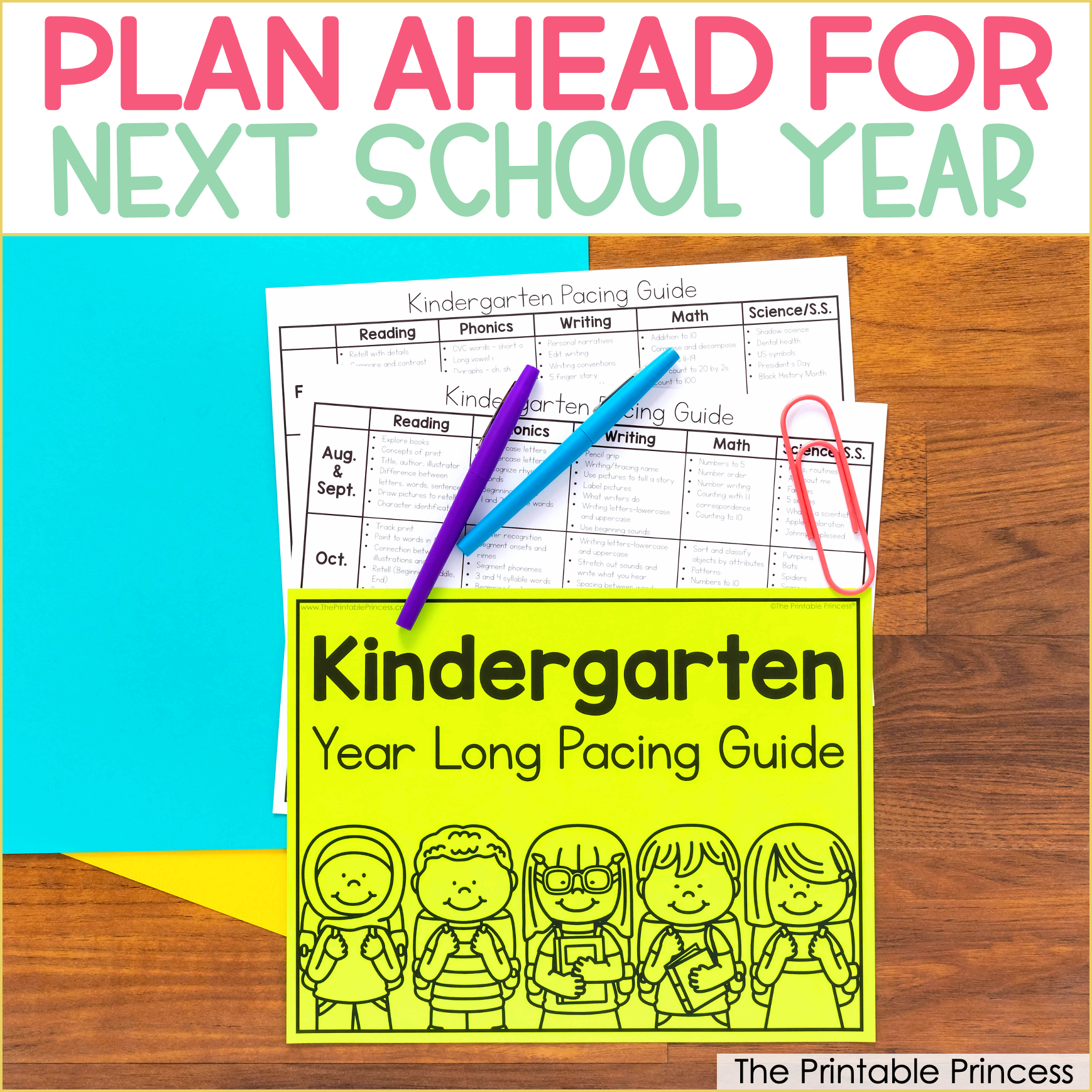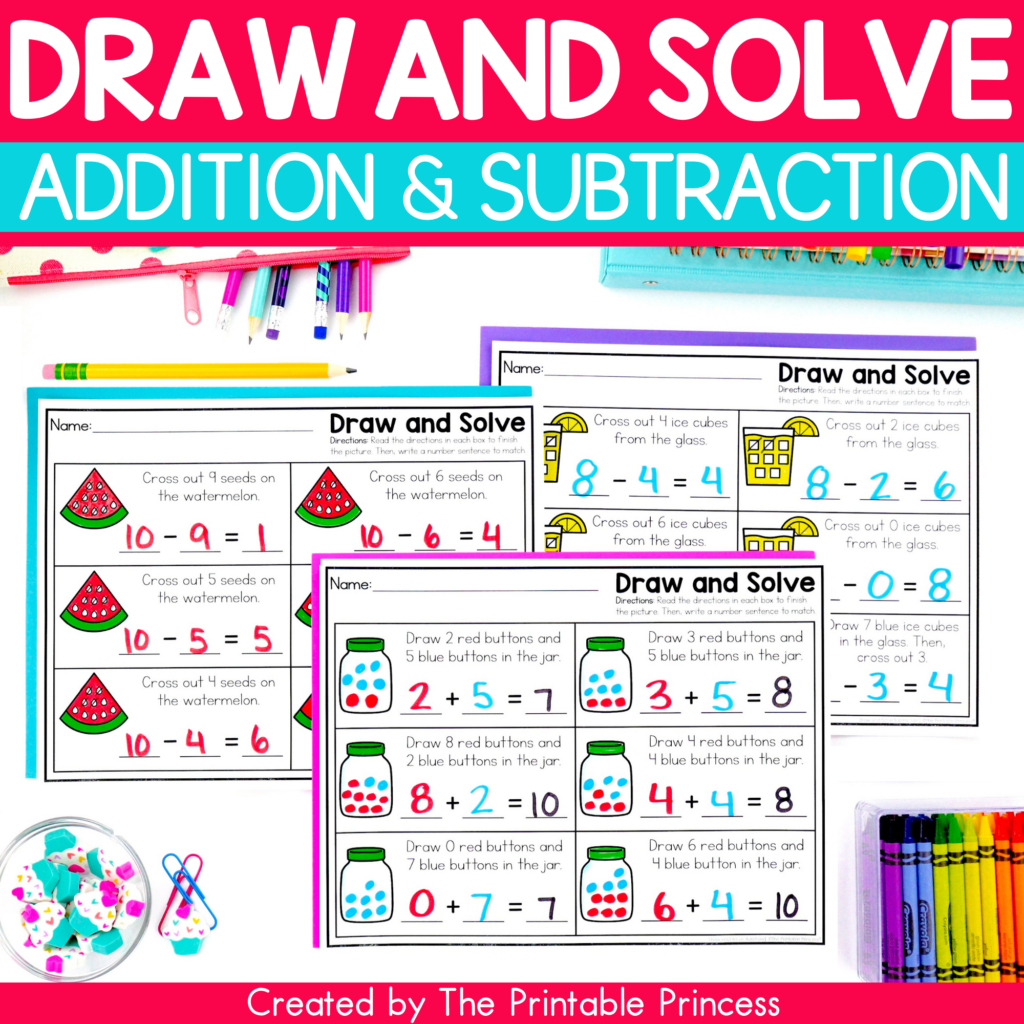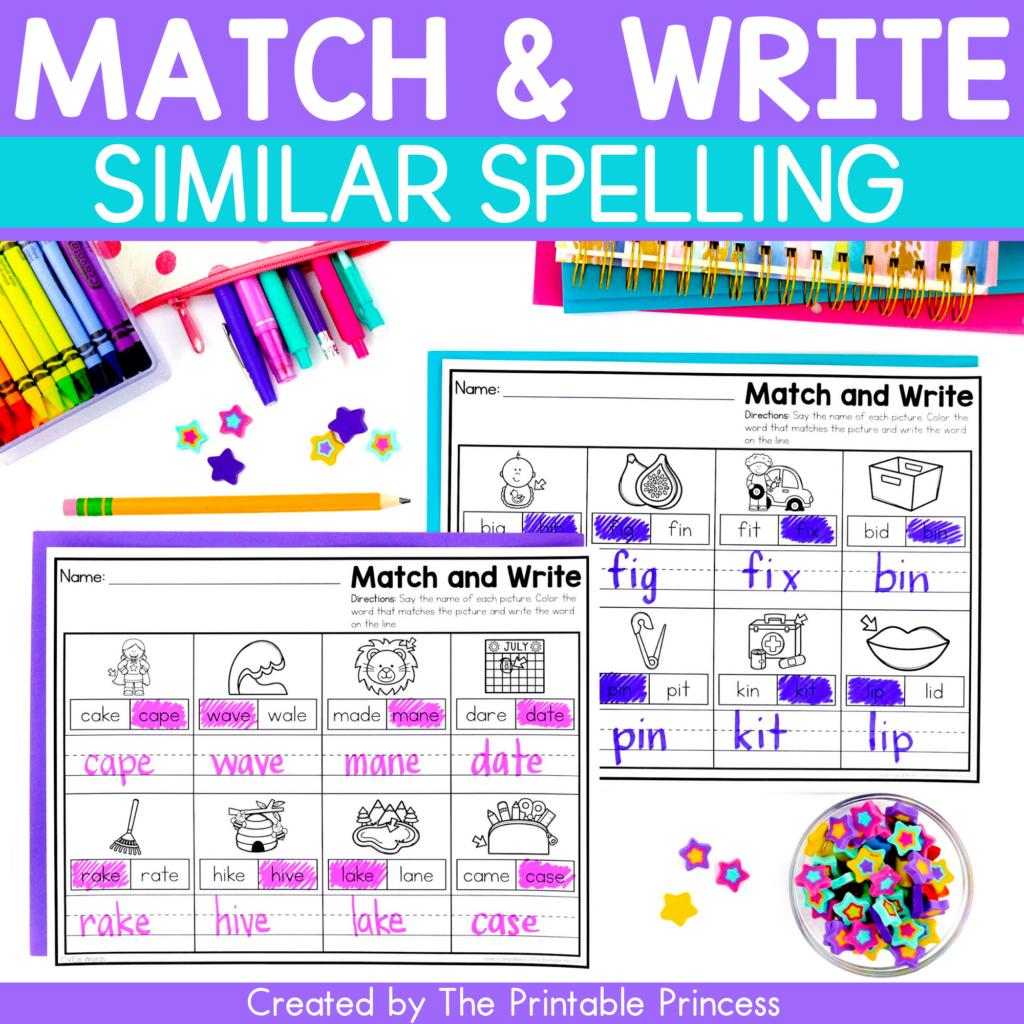Dealing with Upset Parents
Dealing with upset parents has got to be one of the hardest parts of our jobs as teachers. Setting up a meeting for a potentially difficult confrontation is scary for anyone- especially teachers who are prone to be tender-hearted.
It’s only natural to get defensive, weepy or even angry in the face of conflict.
Just like preparing for Parent-Teacher conferences, there’s a few things you can do to prepare for a meeting where you may be dealing with upset parents. There are strategies you can use to ease their concerns regarding their child and work together to achieve positive results.
With that in mind, here are a few tips to help you deal successfully with upset parents.
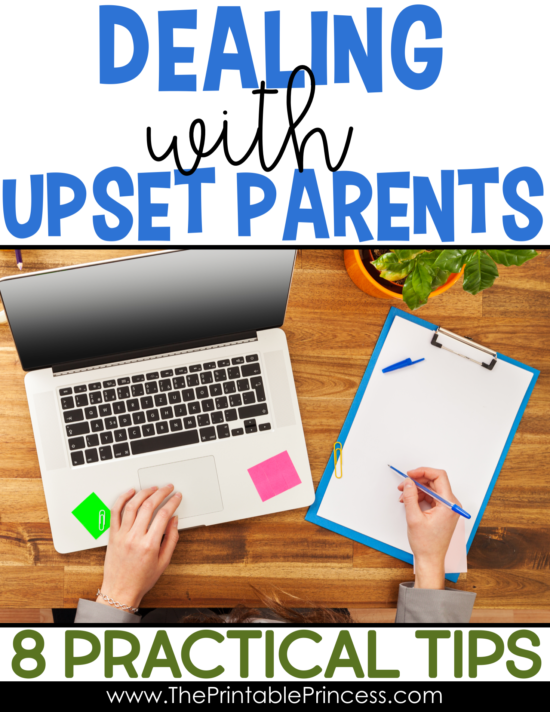
Tips for Dealing With Upset Parents
Be prepared.
If you will be meeting with upset parents, consider asking an administrator to sit in. If that's not possible, at the very least, leave your classroom door open and give your teammates a heads up so that they can walk by or keep an ear out.
Should the parent become angry, they would be available to call for admin back-up.
Set a positive tone.
It’s natural to feel uneasy going into a potential conflict. When the parent arrives for your meeting approach them in an open and friendly manner. Have a smile on your face and greet them with a handshake. As hard as it may be, don’t start out on the defensive.
Approach with the mindset that the meeting will lead to a positive resolution.
Hear them out.
Now is the time to model those listening skills you’re trying so hard to teach your students. Sometimes parents, like all of us, just need to vent and once they get it all out they’ll be in the right frame of mind to work together.
Show that you are listening by making eye contact and nodding. Avoid crossing your arms. Do your best to see the conversation through calmly and professionally.
Keep an open mind.
Before you jump to conclusions, do your best to see things from their point of view. After all, every story has multiple angles. The parents may have a legitimate beef or there may be a history there that you don’t know about.
Approach with compassion. Validate their concerns and let them know that you want to help. Ask questions if you need clarification.
Take a team approach.
You all have the same goal here: doing what’s best for the child. Take a problem solving approach as you seek mutual understanding.
Assure the parents that you are committed to working together with them to find a solution. It's okay to ask them for their suggestion. Come up with a plan together.
Keep it professional.
When dealing with upset parents, try not to take the upset personally. People are passionate when it comes to their children. Focus on the issue at hand; don’t wander off topic or allow them to.
Above all, don’t worry about whether they like you or not- you’re not looking to be their best friend. You’re responsibility is to advocate for what’s best for the student.
Set boundaries.
Should the situation escalate at any time to the point where you are feeling threatened, your top priority is to protect your safety. Call a timeout, ask an administrator to come sit in on the meeting or reschedule the meeting for a later time when everyone has calmed down.
It is okay to tell stop a meeting if a parent is shouting or using inappropriate words. Being bullied is not part of the job description and is absolutely unacceptable.
Follow up.
Follow up with a personal phone call. Tone and emotion can often be misconstrued via e-mail, so making a quick phone call to check in and update is best. It let's the parent know that you are following through.
Be friendly, and above all always start with positives. By going the extra mile with a phone call, you may be able to set the tone for a positive relationship that will last the remainder of the school year.
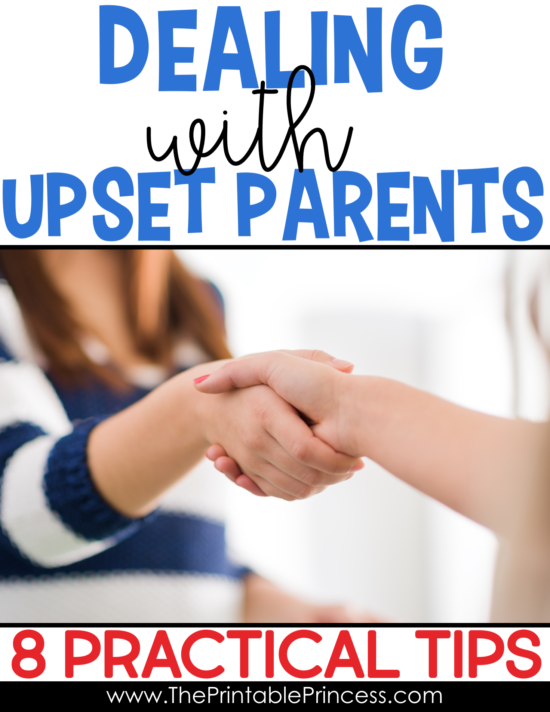
Hopefully, dealing with upset parents is something you don't have to deal with very frequently.
But when it inevitably happens your best course of action is to set a positive intention, approach the conflict openly and professionally and keep the goal of doing what's best for the child foremost in your mind.
Until next time,



